Filter by
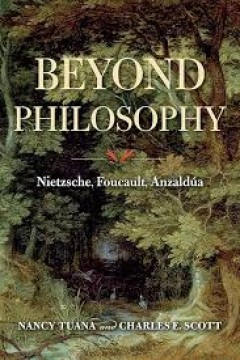
Beyond Philosophy
How do we think of beyond, a dimension that surpasses our immediate perception or our intellectual comprehension? In some situations when a geographical place is beyond what we can see and we don’t know how to get there, maps can help
- Edition
- -
- ISBN/ISSN
- 9780253059932
- Collation
- -
- Series Title
- -
- Call Number
- -

Alfred North Whitehead
Originally published in 1990. The second volume of Victor Lowe's definitive work on Alfred North Whitehead completes the biography of one of the twentieth century's most influential yet least understood philosophers. In 1910 Whitehead abruptly ended his thirty-year association with Trinity College of Cambridge and moved to London. The intellectual and personal restlessness that precipitated thi…
- Edition
- -
- ISBN/ISSN
- 9781421434223
- Collation
- 418 hlm; ill., lamp.,
- Series Title
- -
- Call Number
- -
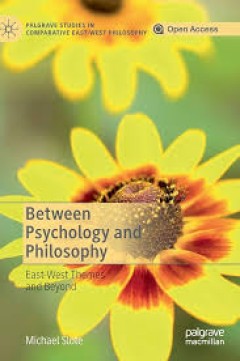
Between Psychology and Philosophy
The use of general descriptive names, registered names, trademarks, service marks, etc. in this publication does not imply, even in the absence of a specific statement, that such names are exempt from the relevant protective laws and regulations and therefore free for general use
- Edition
- -
- ISBN/ISSN
- -
- Collation
- 215
- Series Title
- -
- Call Number
- -
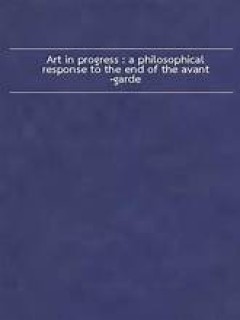
Art in Progress
In this challenging and erudite philosophical essay, the author argues that in art, belief in progress is still relevant, if not essential. The radical freedoms of postmodernism have had a crippling effect on art - more than ever before, art is in danger of becoming meaningless. Art can only acquire meaning through context, and the concept of progress is ideal as the primary criterion for estab…
- Edition
- -
- ISBN/ISSN
- 9789053565858
- Collation
- oer.unej.ac.id
- Series Title
- -
- Call Number
- -
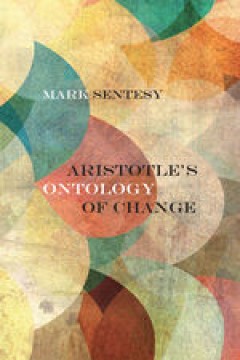
Aristotle's Ontology of Change
This book investigates what change is, according to Aristotle, and how it affects his conception of being. Mark Sentesy argues that the analysis of change leads Aristotle to develop first-order metaphysical concepts such as matter, potency, actuality, sources of being, epigenesis, and teleology. He shows that Aristotle's distinctive ontological claim-that being is inescapably diverse in kind-is…
- Edition
- -
- ISBN/ISSN
- 9780810141902
- Collation
- oer.unej.ac.id
- Series Title
- Rereading Ancient Philosophy,
- Call Number
- -
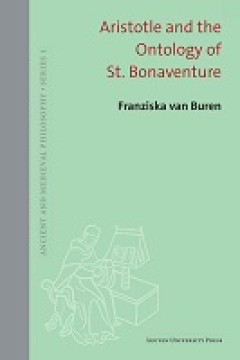
Aristotle and the Ontology of St. Bonaventure
Bonaventure’s metaphysical thought and his interpretation of Aristotle Contemporary scholarship on Bonaventure has characterized him as the Neo-platonic foil to the Aristotelianism of his day. The present book, however, shows a Bonaventure who is highly enthusiastic about utilizing the philosophy of Aristotle and who centers much of his philosophical project around interpreting and understand…
- Edition
- -
- ISBN/ISSN
- 9789462703568
- Collation
- oer.unej.ac.id
- Series Title
- Ancient and Medieval Philosophy - Series 1,
- Call Number
- Medieval Western philosophy
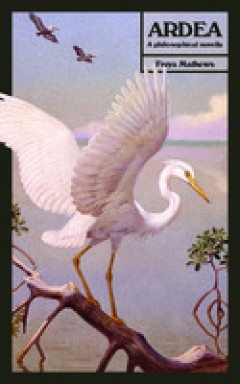
Ardea: A Philosophical Novella
What is soul? Can it be forfeited? Can it be traded away? If it can, what would ensue? What consequences would follow from loss of soul — for the individual, for society, for the earth? In the early nineteenth century, Goethe’s hero, Faust, became a defining archetype of modernity, a harbinger of the existential possibilities and moral complexities of the modern condition. But today the dir…
- Edition
- -
- ISBN/ISSN
- 9780615845562
- Collation
- oer.unej.ac.id
- Series Title
- -
- Call Number
- -
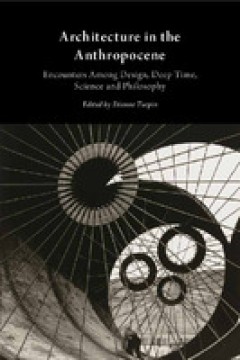
Architecture in the Anthropocene
Research regarding the significance and consequence of anthropogenic transformations of the earth’s land, oceans, biosphere and climate have demonstrated that, from a wide variety of perspectives, it is very likely that humans have initiated a new geological epoch, their own. First labeled the Anthropocene by the chemist Paul Crutzen, the consideration of the merits of the Anthropocene thesis…
- Edition
- -
- ISBN/ISSN
- 9781607853077
- Collation
- oer.unej.ac.id
- Series Title
- Critical Climate Change,
- Call Number
- -
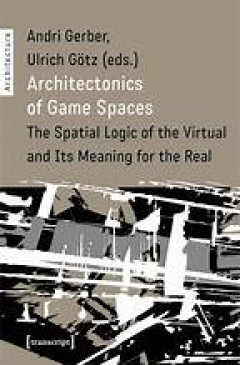
Architects of Buddhist Leisure
Buddhism, often described as an austere religion that condemns desire, promotes denial, and idealizes the contemplative life, actually has a thriving leisure culture in Asia. Justin McDaniel looks at the growth of Asia’s culture of Buddhist leisure through a study of architects responsible for monuments, museums, amusement parks, and other sites. In conversation with noted theorists of materi…
- Edition
- -
- ISBN/ISSN
- 9780824879754
- Collation
- oer.unej.ac.id
- Series Title
- Contemporary Buddhism,
- Call Number
- -

A Companion to Philosophy in Australia and New Zealand (Second Edition)
Philosophy in Australia and New Zealand has been experiencing something of a 'golden age'. Within this, the richness of Australasia's philosophical past, though less well known, should not be forgotten: Australasian philosophy includes much distinctive and highly original work. The Companion contains a wide range of articles by prominent philosophers and scholars, as well as important contribut…
- Edition
- -
- ISBN/ISSN
- 9781925495263
- Collation
- 730 hlm
- Series Title
- -
- Call Number
- -
 Computer Science, Information & General Works
Computer Science, Information & General Works  Philosophy & Psychology
Philosophy & Psychology  Religion
Religion  Social Sciences
Social Sciences  Language
Language  Pure Science
Pure Science  Applied Sciences
Applied Sciences  Art & Recreation
Art & Recreation  Literature
Literature  History & Geography
History & Geography